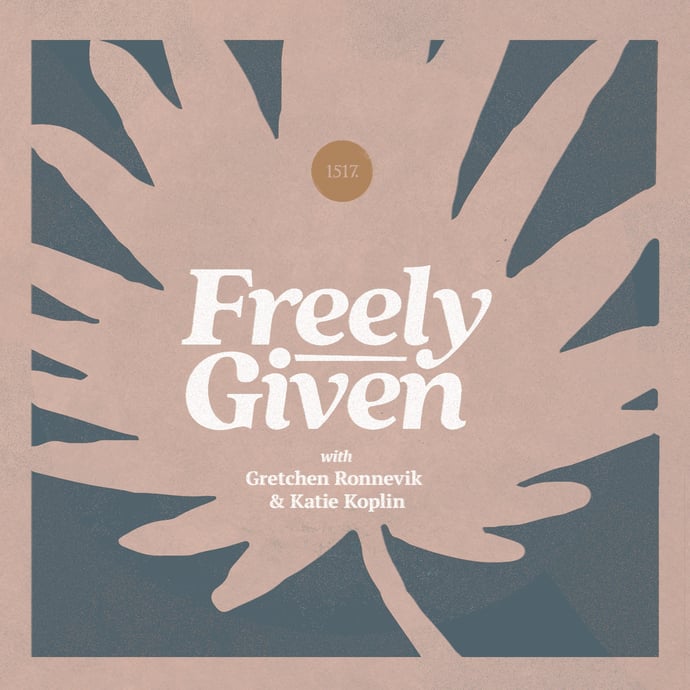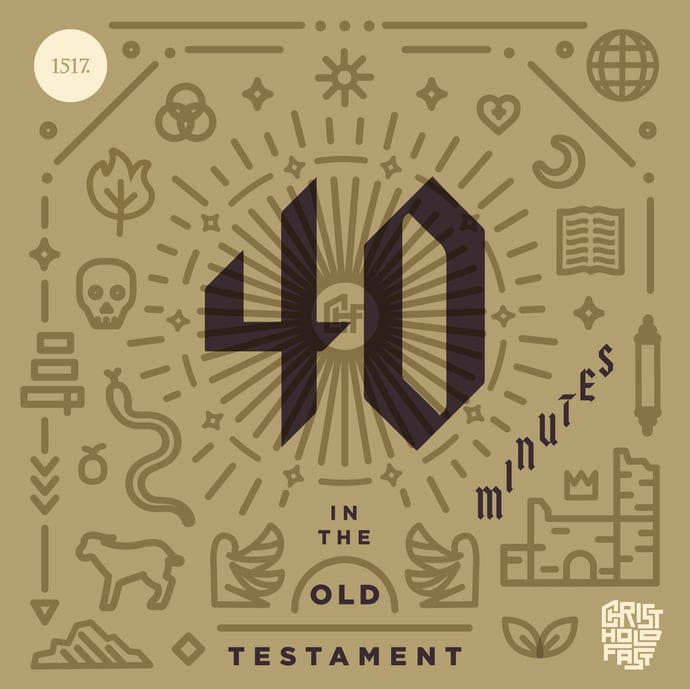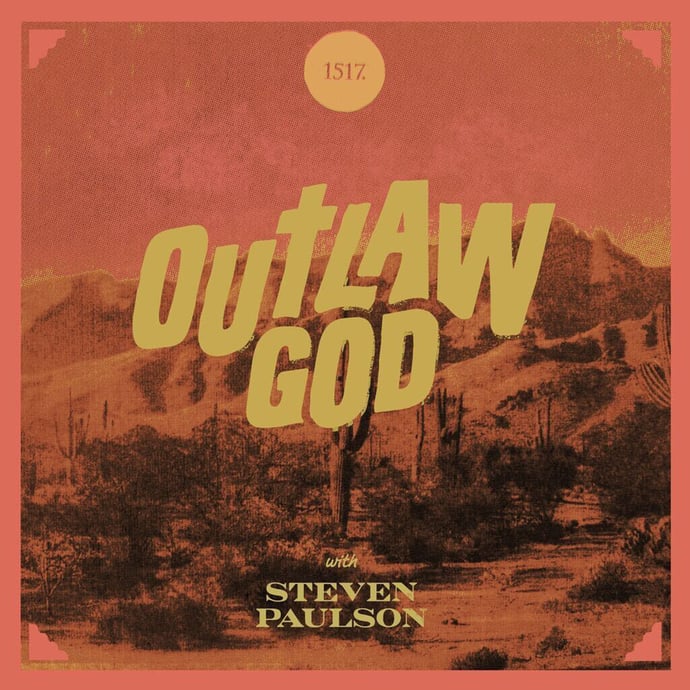When we approach the Bible from a hyper-individualistic viewpoint, the burden to be in it daily is on our individual shoulders, the burden to interpret and understand it is all on our individual shoulders, and we can end up sitting down to what can appear at first glance to be an enormous to-do list we cannot live up to--an activity to dread. It's the "just read it and then do it" method.
Podcasts
Each 1517 Podcast is dedicated to delivering Christ-centered content through weekly, monthly, and seasonal audio platforms. Listen online or on your favorite podcasting app.
Author
- All Authors
- Aaron Zimmerman
- Adam Francisco
- Amy Mantravadi
- Blake Flattley
- Bob Hiller
- Bradley Gray
- Brian W. Thomas
- Bror Erickson
- Bruce Hillman
- Caleb Keith
- Chad Bird
- Chris Rosebrough
- Christopher Gillespie
- Cindy Koch
- Craig Donofrio
- Dan van Voorhis
- Daniel Deen
- Daniel Emery Price
- Darrin Sheek
- David Andersen
- David Rufner
- David Zahl
- Debi Winrich
- Delwyn Campbell
- Donavon Riley
- Doug Klembara
- Edward Killian
- Elyse Fitzpatrick
- Erick Sorensen
- Flame
- Grant Klembara
- Gretchen Ronnevik
- Haroldo Camacho
- Jacob Smith
- Jared C. Wilson
- Jeff Mallinson
- Jeffrey Pulse
- Jessica Thompson
- Jim Nestingen
- Joel Fitzpatrick
- Joel Hess
- John Andrew Schreiner
- John Bombaro
- John T. Pless
- John W. Hoyum
- John Warwick Montgomery
- Katie Koplin
- Kelsi Klembara
- Ken Sundet Jones
- Magnus Persson
- Matt Popovits
- Michael Berg
- Michael Horton
- Nick Lannon
- Paul Koch
- Peter Nafzger
- Philip Bartelt
- Raleigh Sadler
- RJ Grunewald
- Robert Kolb
- Rod Rosenbladt
- Ron Hodel
- Sam Leanza Ortiz
- Sarah Condon
- Sarah Crowder
- Scott Davis
- Scott Keith
- Steven Paulson
- Tanner Olson
- Troy Neujahr
- Uwe Siemon-Netto
- Wade Johnston
- William Cwirla
-
Easy There, Fella, Everybody’s Gonna Get a Turn... In this episode, we begin a reading of Clement of Alexandria’s, "The Praises of Martyrdom Those Who Offered Themselves for Martyrdom Reproved." What constitutes martyrdom for Christians? Where does the idea of martyrdom originate, and is it still a relevant topic for us today?
-
Chad and Daniel are joined by Erick Sorensen live from HWSS.
-
Be a hero and listen up to the preachers! Real men die for a purpose and bring back a little doctrine in their sermons. Martin Luther would be proud.
-
Caleb and Dr. Paulson are joined by John Hoyum to discuss Isaiah's Amen gloss.
-
This isn't a plus one... The second part of our episode on Patrick Henry Reardon's book, Christ in the Psalms. Taking a hard look at how we confuse the two kingdoms, avoid controversial topics in the church and the tragic consequences of not taking everything captive to Christ.
-
This is not a drill... We return to Patrick Henry Reardon's book, Christ in the Psalms. In this episode, we consider Psalm 6 and the very real, earthly effects of God's wrath, along with political bookends.
-
All about the resurrection of the dead.
-
My God can beat up your god... The second part of our discussion of Christ in the Psalms, by Patrick Henry Reardon. What is the temptation when Christians assume that our enemies are God's enemies? How do we pray for and against ourselves at the same time? What's happened to our piety that we are afraid to make demands of God?
-
Get the latest news and most accurate scholarly assessments from a few preacher men. Or just sit back and enjoy your beer.
-
Bold warriors and foolish oaths.
-
Why Christians are commanded to pray down curses upon their enemies. This episode, Christ in the Psalms, by Patrick Henry Reardon. What's an imprecatory psalm? Why are we taught by Scripture to pray imprecatory psalms, but have largely excluded such prayers from our churches? How does psalm 5 point us to Jesus and culture simultaneously?





